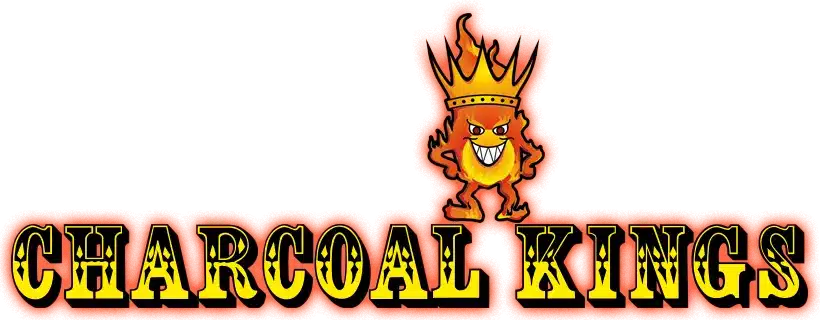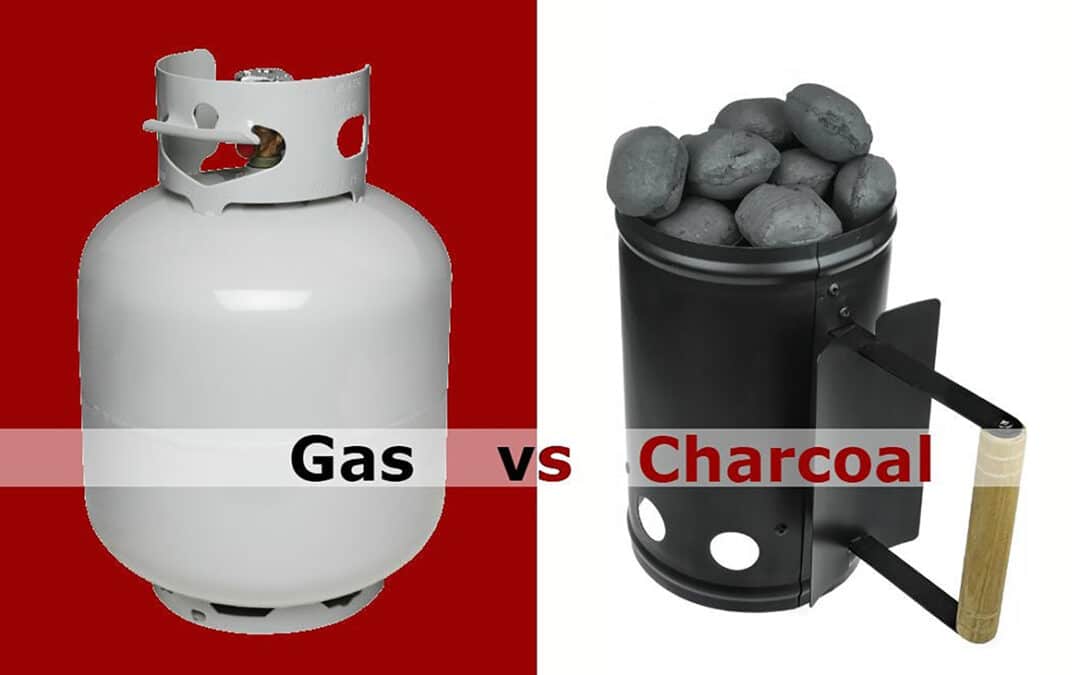The age-old debate of charcoal vs. gas grills continues to sizzle in the world of BBQ enthusiasts. Each camp has its fervent supporters and both methods have their merits. In this article, we aim to debunk some common myths and highlight the advantages of charcoal BBQs to help you make an informed choice. We’ll explore the key differences between charcoal and gas grills and why many swear by the smoky goodness of charcoal.
Myth #1: Charcoal Grills Are More Challenging to Use
One of the most prevalent myths is that charcoal grills are more difficult to use than gas grills. While it’s true that gas grills are typically easier to start and control, lighting charcoal is not as complicated as it may seem.
Advantages of Charcoal:
- Charcoal imparts a unique smoky flavor to your food, which is hard to replicate with gas.
- The setup may take a bit more time, but many enthusiasts enjoy the ritual of lighting and tending to charcoal.
Myth #2: Gas Grills Are More Convenient
Gas grills are often praised for their convenience. You can fire them up quickly and they offer precise temperature control. However, charcoal grills have their unique advantages.
Advantages of Charcoal:
- Charcoal grills are highly portable and don’t require a propane tank or natural gas connection.
- Charcoal grills can reach higher temperatures, perfect for searing steaks and achieving that coveted crust.
Myth #3: Gas Grills Are Healthier
Some believe that gas grills are healthier because they don’t produce harmful chemicals like charcoal does. While it’s true that charcoal emits carbon monoxide and soot when lighting, these concerns can be mitigated with proper usage.
Advantages of Charcoal:
- By using natural lump charcoal or hardwood, you can reduce the emission of harmful chemicals.
- The smoky flavor achieved with charcoal can enhance the taste of your food, making it a healthier option in terms of flavor.
Myth #4: Charcoal Is More Expensive
There’s a misconception that charcoal grilling is more expensive than using gas grills in the long run. However, when you consider all the factors, this might not be the case.
Advantages of Charcoal:
- Charcoal grills are typically more affordable upfront.
- Charcoal briquettes and lump charcoal are cost-effective fuel sources for grilling.
Advantages of Charcoal BBQs:
Flavor: The smoky flavor produced by charcoal is unmatched. The heat and smoke from the coals infuse your food with a unique, authentic taste that’s hard to replicate with gas.
High Heat: Charcoal grills can reach higher temperatures than gas grills. This is crucial for achieving the perfect sear on steaks and burgers, locking in the juices and flavor.
Versatility: Charcoal grills are incredibly versatile. You can use different types of wood chips or chunks to add various smoky flavors to your food. Additionally, you can create different cooking zones for more control over your grilling.
Portability: Charcoal grills are typically more portable and don’t require a fixed gas line. This makes them an excellent choice for camping, picnics, or tailgating.
Cost-Efficiency: The initial cost of a charcoal grill is often lower and charcoal itself is an economical fuel source.
Connection to Tradition: For many, grilling with charcoal connects them to a time-honored tradition, offering a sense of nostalgia and pride.
Conclusion
While gas grills have their advantages, charcoal grills hold a special place in the hearts of many BBQ aficionados. By debunking common myths surrounding charcoal grilling and exploring its unique advantages, we hope to shed light on why so many people opt for the smoky, flavorful experience that only charcoal BBQs can provide.
In the end, the choice between charcoal and gas grills ultimately comes down to personal preference. If you savor the taste of smoky, flame-kissed food and enjoy the process of grilling as much as the result, a charcoal grill might be the perfect choice for you. So, fire up those coals and let the aroma of your favorite BBQ delights fill the air.

